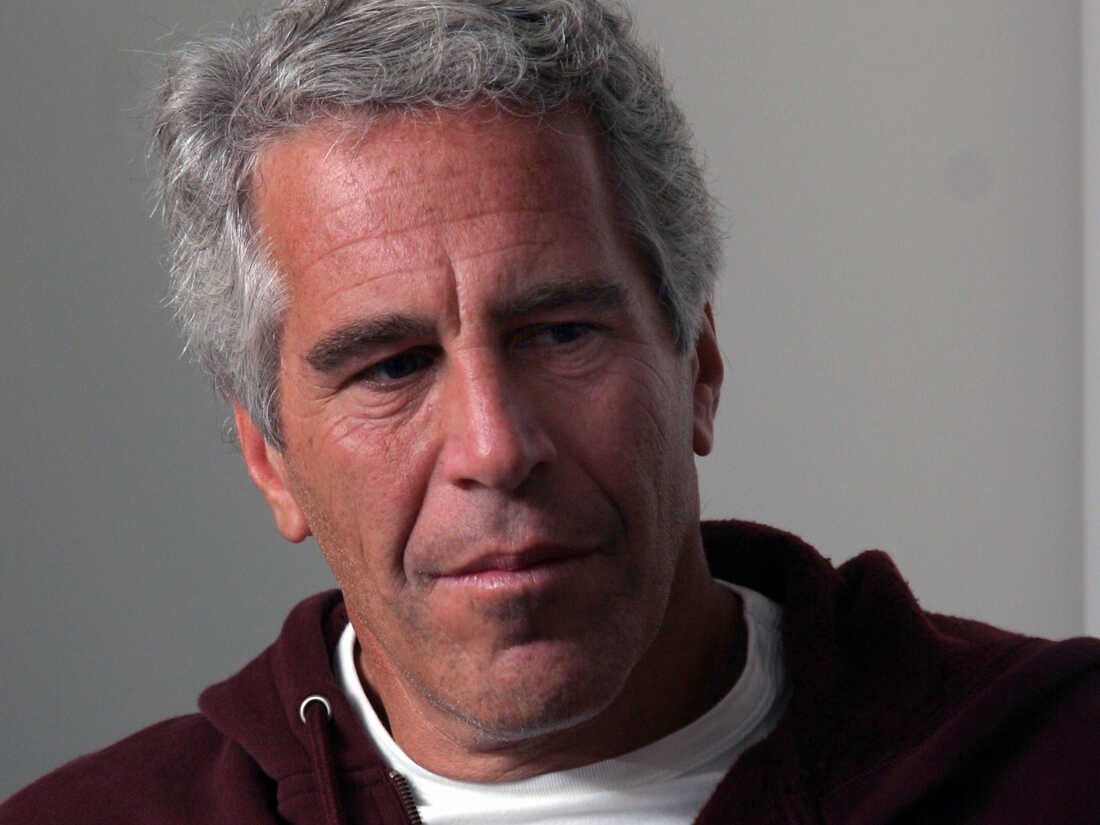Jeffrey Epstein's Elite Concierge Service
What the new report shows about his world
At this point, there’s little breaking news on Jeffrey Epstein that shocks me. I never imagined that 20 years after I had the worst reporting experience of my career, dealing with him, that the questions I found impossible to solve at the time, would not only still be questions - but questions of international interest.
Friday, I was shocked. The Wall Street Journal broke a completely fascinating story about how JP Morgan bankers kept visiting Epstein for years after it closed its accounts with him in 2013. (They’d woken up to the extraordinary fact he withdrew over $750,000 a year in cash. In lump sums of $80,000).
There’s one paragraph in particular in the story that is worth dwelling on:
JPMorgan employees continued meeting with Epstein after his accounts were closed about other clients and to discuss introductions he could make to potential clients, according to people familiar with the meetings.
Think about that. In 2014, 2015, 2016 and 2017, if the WSJ has its timeline right, Epstein was considered someone of such important connectivity inside the world’s plutocracy that JP Morgan employees came crawling, regardless that he himself had been fired as a client. For whatever reason, he was a gateway to wealthy people who were otherwise unreachable. Or, at the very least, that’s how he sold himself. And, apparently, he was believable.
It’s this elite concierge aspect of Epstein that is just so intriguing. How the heck could Epstein, a college dropout, with no broker’s license, embed himself so completely in the lives of the uber-rich that they trusted him and not America’s biggest bank?

Epstein was an extraordinarily talented liar and manipulator. He didn’t lie just to cover up his sexual crimes. He lied even when he didn’t need to. I’ll never forget the time he told me he was in Tokyo. I believed him. So I mentioned he was in Tokyo to someone who knew him. This person was amazed. Because he knew that Epstein wasn’t in Tokyo. He was round the corner in New York. Epstein blew up at me when he found out I knew he hadn’t gone to Tokyo and accused me of violating his confidence to his friend. I’d had no idea that his whereabouts were supposed to be classified. But the bigger point is: why tell such a whopper about it in the first place? I never figured it out.
But the other component of Epstein’s elite concierge service that was critical to its success was the gullibility of his clients. Men who supposedly were scary to everyone else were somehow putty in his hands.
I had forgotten until reading the WSJ this weekend that JP Morgan acquired the hedge-fund, Highbridge Capital Management, for around $1 billion in 2004. The date is significant because my Vanity Fair article on Epstein came out a year earlier in 2003. Even though allegations of one instance of underage assault was cut from it, what was not cut from it was the very strong whiff of financial impropriety. There were multiple-sourced allegations of market manipulation, insider trading, stealing and lying, and Epstein’s own testimony under oath in civil cases, contradicted what he told me about himself. At the very least you couldn’t read it and think: Wow, what an honest guy.




